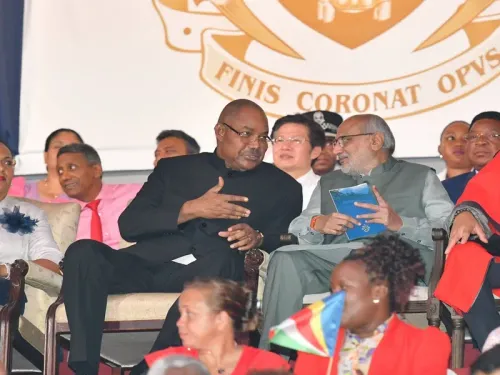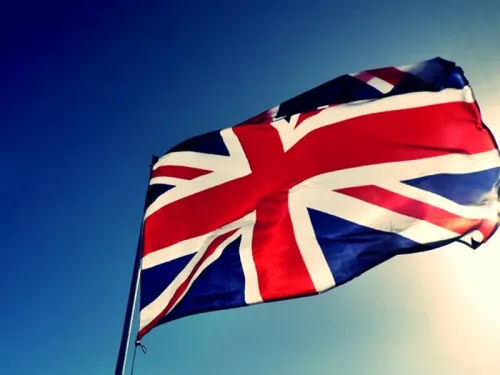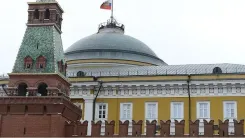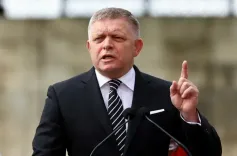What Impact Will the Landmark India-UK FTA Have?
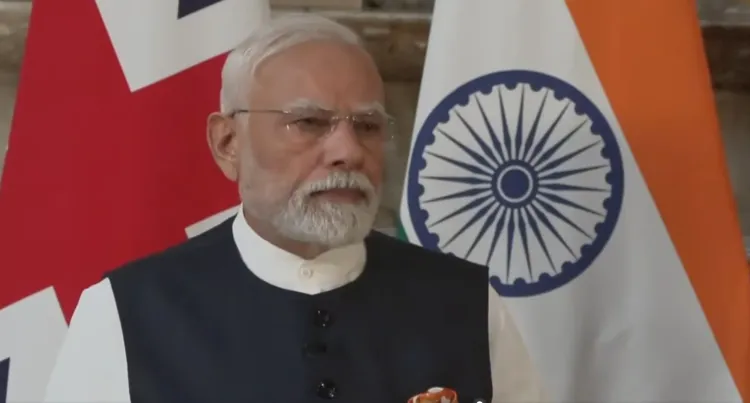
Synopsis
Key Takeaways
- India-UK FTA expected to boost trade by $34 billion.
- Tariff reductions on 90% of UK goods.
- UK to cut duties on 99% of Indian products.
- Increased competitiveness for Indian textiles and leather.
- Projections indicate doubling of electronics and engineering exports by 2030.
London, July 24 (NationPress) In a historic development for India-UK trade relations, Prime Minister Narendra Modi and British Prime Minister Keir Starmer officially signed the eagerly anticipated Free Trade Agreement (FTA) on Thursday, a move projected to enhance annual bilateral trade by approximately $34 billion.
Under this significant FTA, India is set to reduce tariffs on 90 percent of UK goods, while the UK will lower duties on 99 percent of Indian exports, effectively streamlining tariff lines and regulatory procedures across various sectors.
Starmer expressed that, "Our landmark trade agreement with India is a substantial victory for Britain. It will generate thousands of British jobs across the nation, open new avenues for businesses, and stimulate growth throughout the country," in a post on X.
This agreement is expected to make imports such as Scotch whisky, gin, luxury cars, cosmetics, and medical devices more affordable for Indian consumers.
With the FTA in place, Indian agricultural products will achieve tariff parity with leading European exporters like Germany. The elimination of duties on textiles and leather is anticipated to enhance India’s competitiveness against regional rivals like Bangladesh and Cambodia.
India’s leather industry is forecasted to gain an additional 5 percent market share in the UK over the next two years.
Additionally, it is predicted that electronics and engineering exports could potentially double by 2030, while gems and jewellery exports may also double from the current $941 million in the next three years.
Officials estimate that this deal will boost UK exports to India by nearly 60 percent in the long run.
Previously, PM Modi visited Starmer at the Chequers Estate, the UK Prime Minister's countryside retreat, as part of his official engagements during his fourth trip to the country.
Prime Minister Modi aims to engage in comprehensive discussions with Starmer covering all aspects of India-UK bilateral relations and sharing insights on regional and global issues. Later, he will also meet with King Charles III.
During these discussions, both parties will review the progress of the Comprehensive Strategic Partnership (CSP), focusing on trade, economy, technology, innovation, defence, security, climate, health, education, and people-to-people connections.


